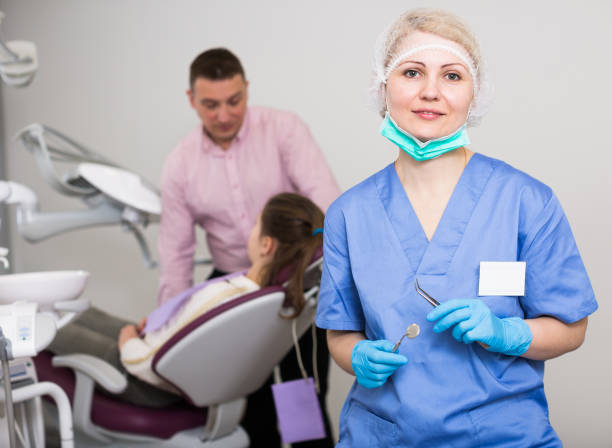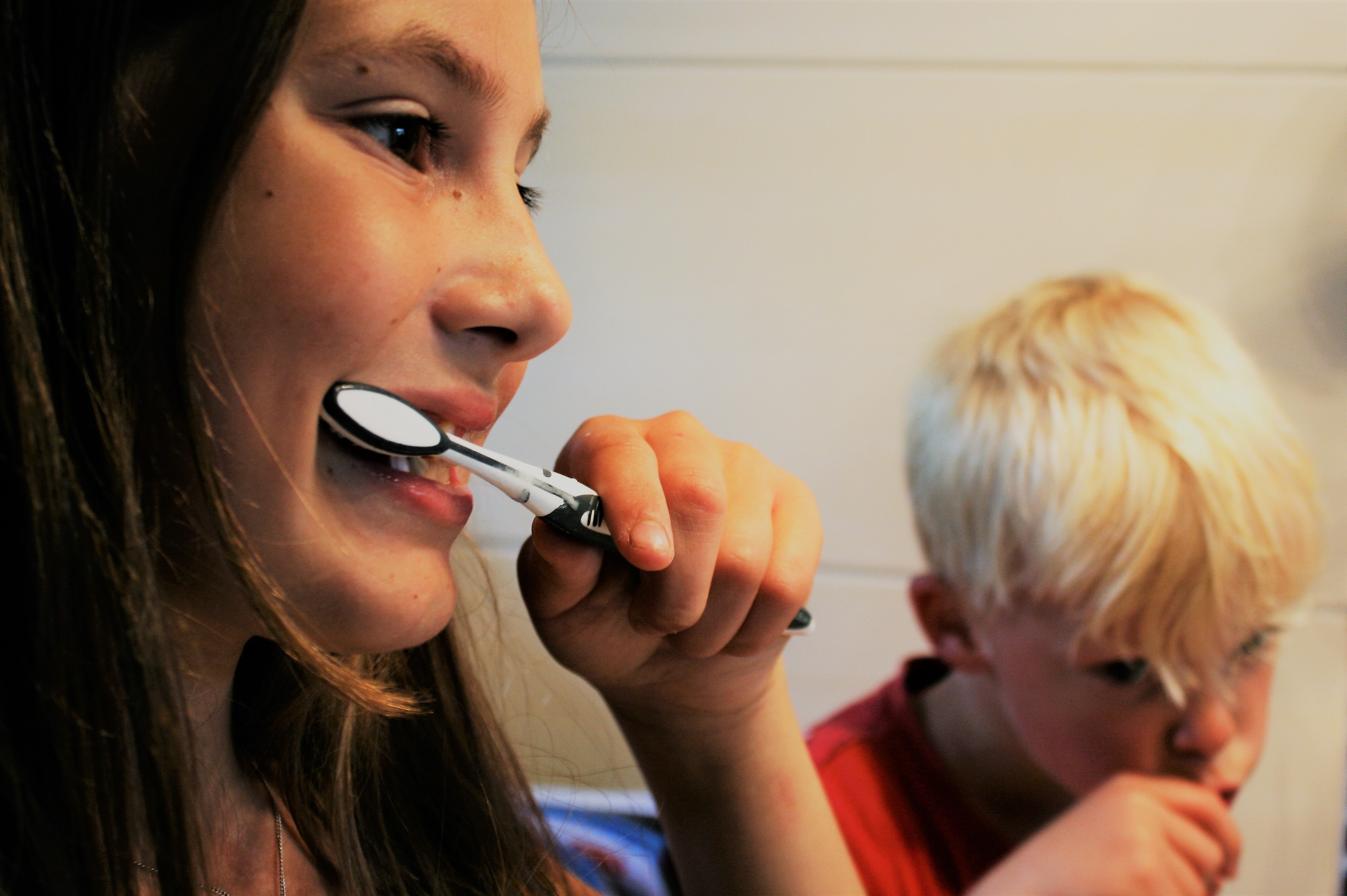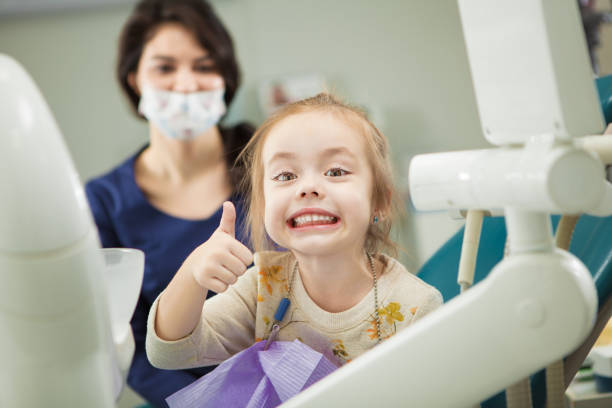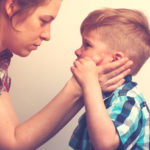
Children with autism can have difficulty accessing preventative dental treatment due to challenging behaviors and sensory processing disorders coupled with a reported reluctance by dentists to treat these children. The lack of eye contact, reduction of concentration, and sudden body movements make it difficult for dentists to treat autistic children. For a child with Autism Spectrum Disorder (ASD), a dental office is full of insecurity and consequently, can be perceived as an unpleasant place. While trips to the dentist will never be without some apprehension, there are steps parents and dentist can take to prepare a child for a positive experience.
HOW TO PREPARE CHILDREN WITH AUTISM FOR A DENTAL VISIT
 Communicate in Advance:
Communicate in Advance:
• Before the child’s first visit, confirm that your dentist has experience, or willingness, to work with children with special needs and can deal effectively with a potentially anxious child.
• Tell the dentist you would like to talk about any treatment before it is done.
• Share with the dental staff the most successful way to talk or communicate with your child, the things your child might do, and the best way to deal with how he or she may act. Provide suggestions on ways to make your child feel secure and relaxed.
• Ask whom you should call, or where you should go if your child has a dental problem and the dental office is closed.
Prepare Your Child:
• Plan a desensitization tour to familiarize the child with the clinic surroundings and the staff. Try to schedule an appointment during quiet times on slower days when the office is not as busy.
• Create your own or print out a picture book or social story, showing and telling what will happen in the dentist’s office. Read through the story as often as you can before your next visit to the dentist.
• Borrow or buy some basic dental instruments, such as a small flashlight, rubber gloves, dental mirror, and/or a rubber-tipped gum massager. Let your child touch and interact with them before going to the dentist.
• Role play the visit to the dental office, so your child has an idea what to expect.

During the Appointment:
- Bring a list of all medications your child takes, including vitamins, herbal and mineral supplements.
- Bring sunglasses and earplugs if your child is sensitive to loud noise or bright lights.
- Parents should bring comfort items such as a stuffed animal or hold the child’s hand.
Essential Oral Health Measures at Home
• Ask for teeth cleaning ideas that will make taking care of your child’s teeth at home easier.
• Parents should brush the child’s teeth twice a day, and use any aids recommended by the dentist to keep teeth and mouth clean.
• Establish a routine for tooth brushing (after meals – during bedtime routine) and follow it consistently.
• It may be helpful to distract the child. If your child responds best to music or videos- save their favorites and incorporate them in the routine of brushing their teeth.
• Avoid offering your child sugary snacks and drinks (juices, pop, candy, etc.), and avoid using them as rewards. Instead, offer teeth-friendly foods and beverages.
• Look at labels on food products for words ending in ‘ose’ such as fructose and sucrose, and limit their use.
• Do not share utensils, cups, and toothbrushes with your child to avoid passing the bacteria which can cause tooth decay. If your child uses a pacifier, do not dip the pacifier in honey or sugar. Clean it with water only.
• If your child knocks a tooth out, seek professional dental care. Put the tooth in cold milk, and proceed immediately to the dentist.
• Use seat belts, stair gates, bike helmets, and mouth guards to prevent injury to the teeth and face.
• Know what is normal in your child’s mouth. Lift the lips away from the teeth for a better view of your child’s teeth and gums. Look often and take pictures if needed.
• Encourage your child to rinse with water after taking medication that may cause ‘dry mouth’. A dry mouth can make it easier for your child to get tooth decay.
 Video modeling for improving oral hygiene in children with ASD
Video modeling for improving oral hygiene in children with ASD
Children with autism have heightened risk of developing oral health problems. Interventions targeting at-home oral hygiene habits may be the most effective means of improving oral hygiene outcomes in this population. Recent findings show that video modeling improve oral hygiene for children with autism. Video modeling requires a child to watch a video clip of a target behavior and subsequently perform the viewed behavior. It is most effective as an intervention for functional skills and imitation. Video modeling minimizes distractions and presents information using a medium that children with ASD are already comfortable with and interested in watching.
CONCLUSION
Children with autism have heightened risk of developing oral health problems. Interventions targeting at-home oral hygiene habits may be the most effective means of improving oral hygiene outcomes in this population.
Autistic children should visit the dentist regularly (4-6 months). If a child has autism, parents should be mindful of the special concerns related to their oral health.
A strong relationship between parents and the whole dental team is essential for children with autism to access dental examinations and have satisfactory experience of care. Studies in dentistry related to behavior management in patients with ASD are scarce, and further research in this area is necessary.





Join the Conversation